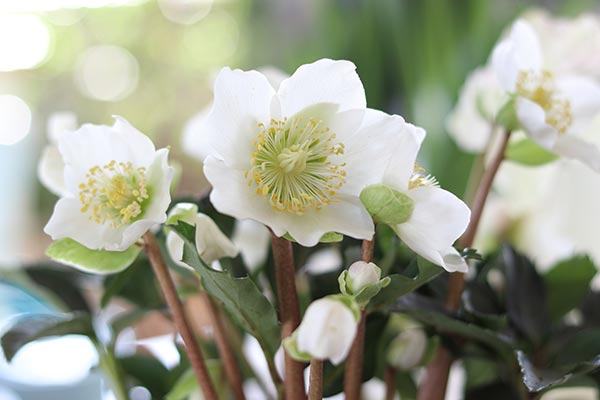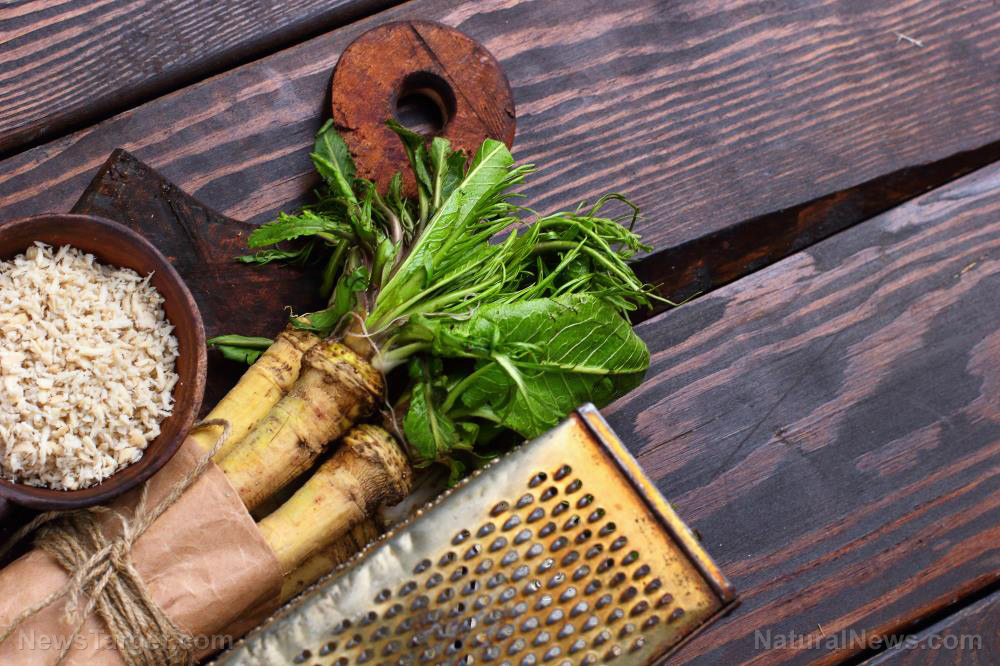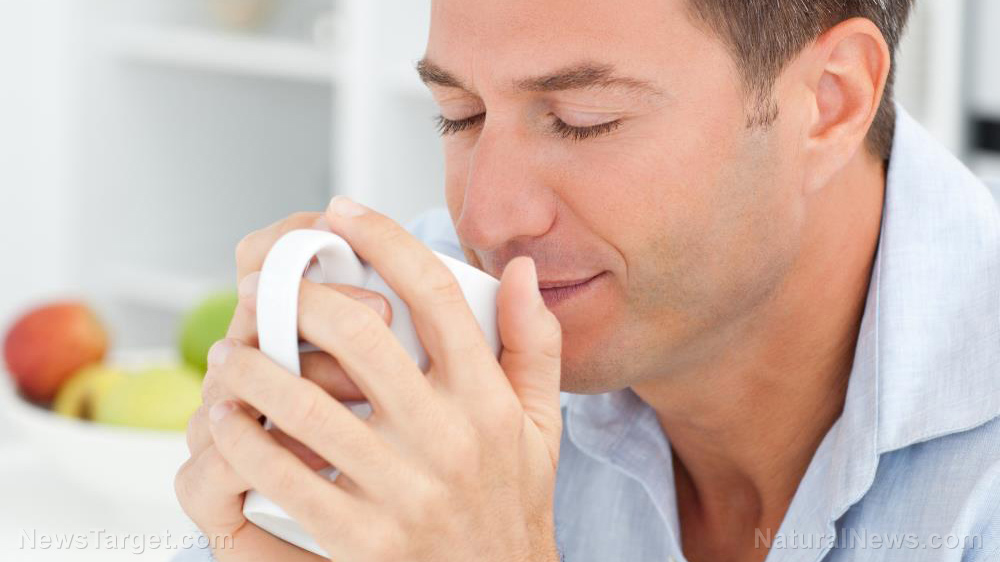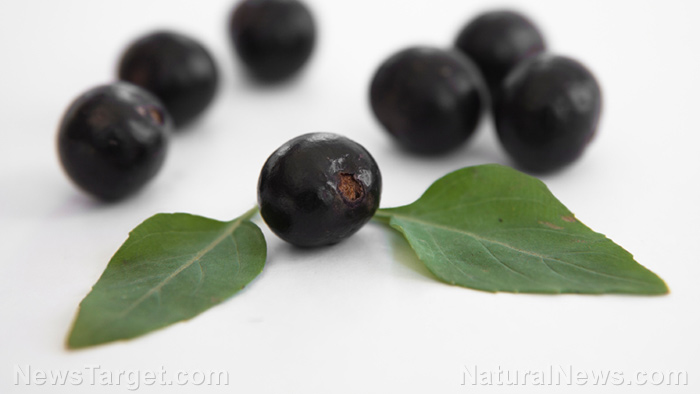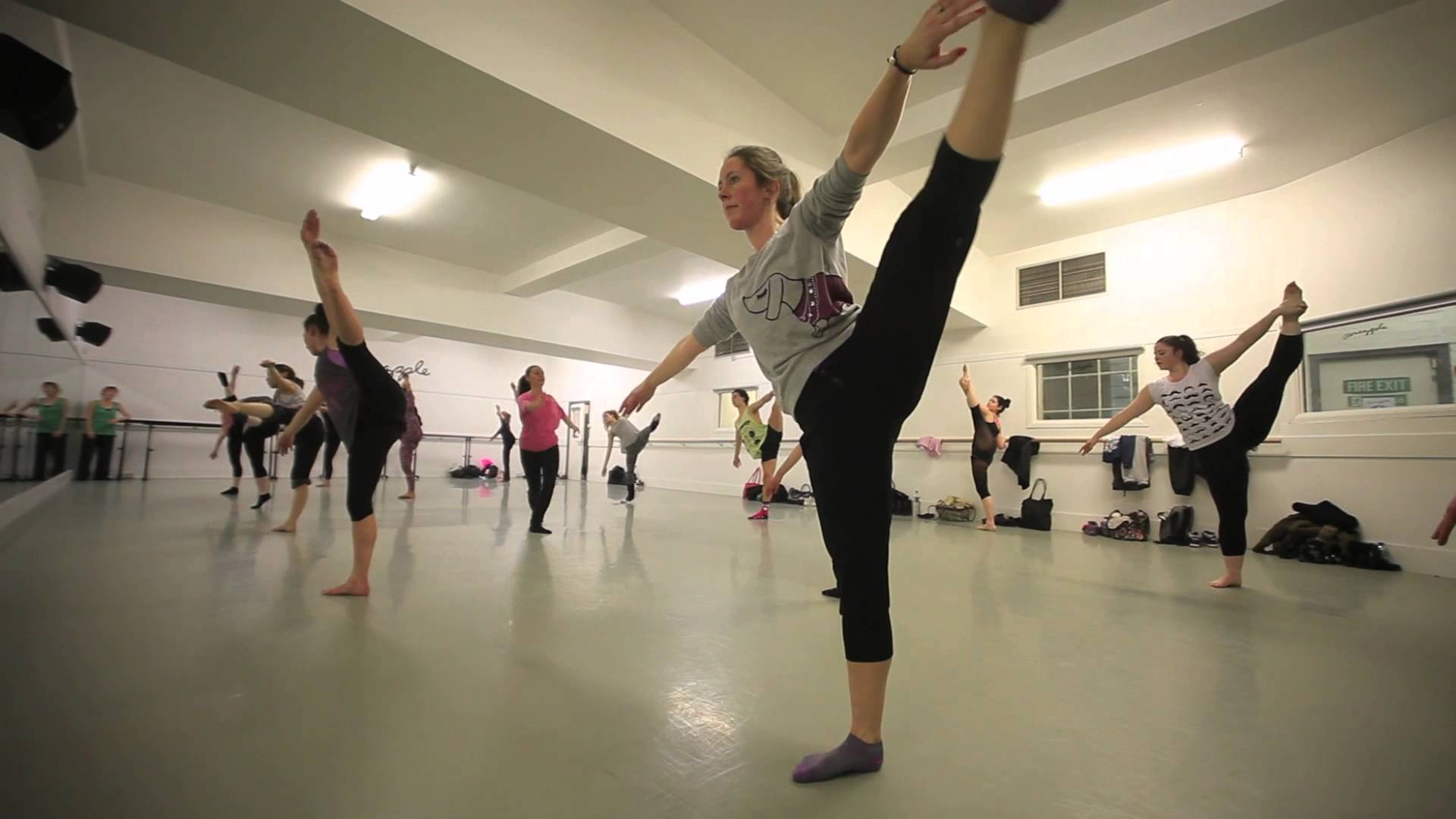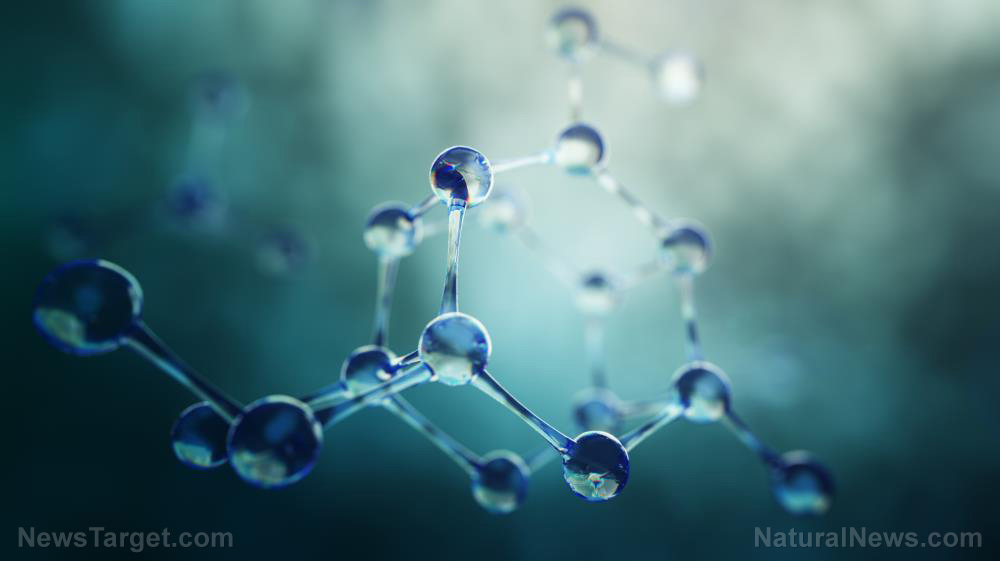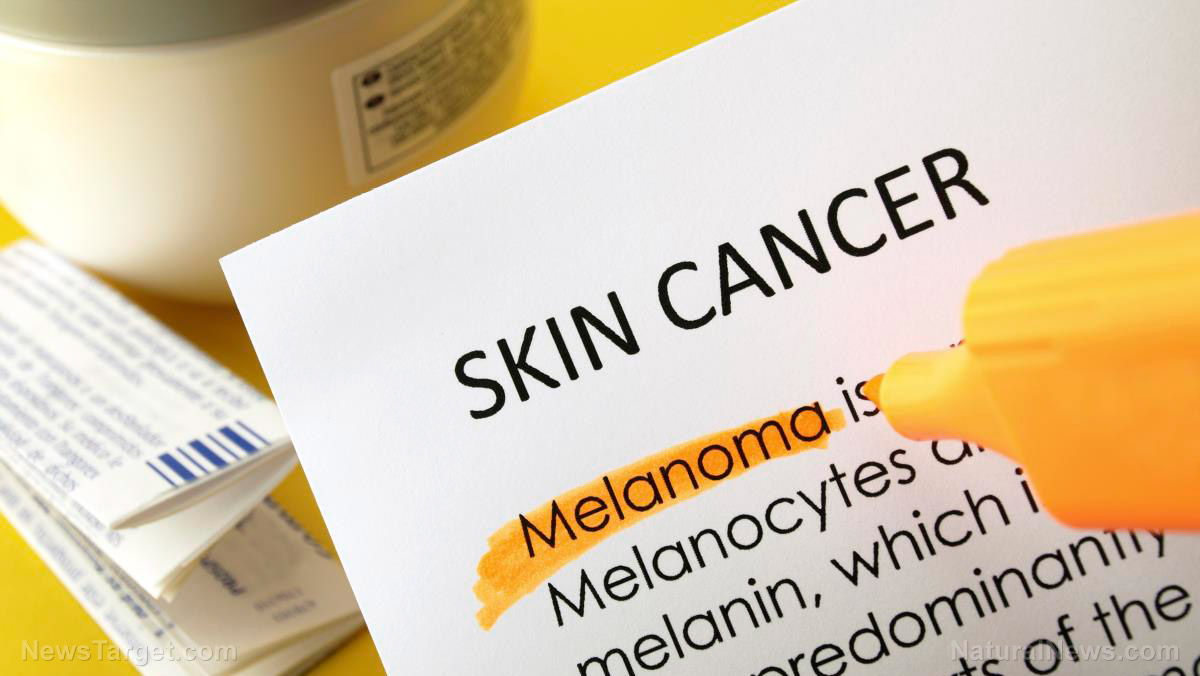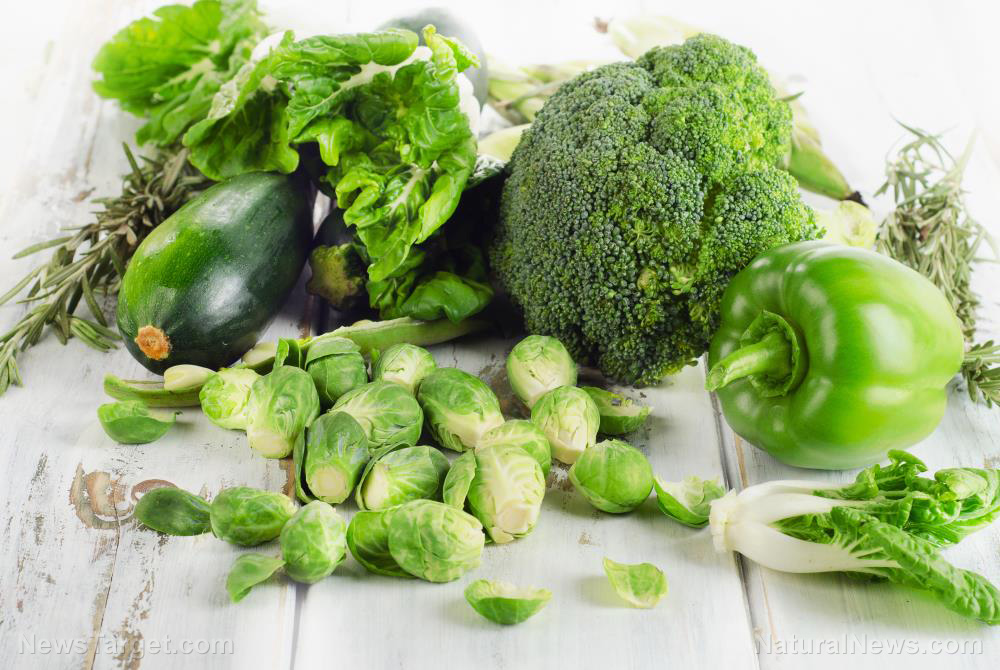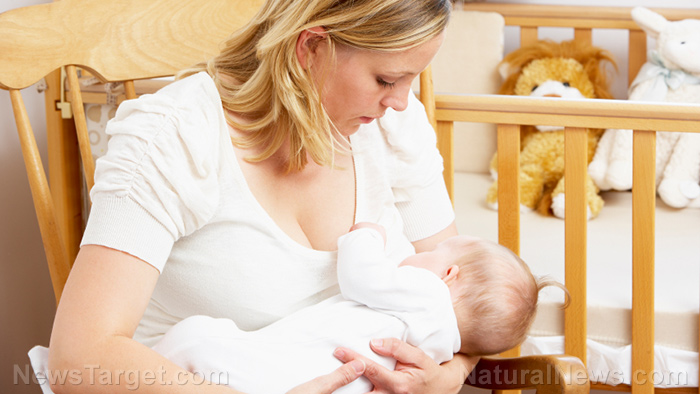Hibiscus flowers are a “death sentence” for breast cancer cells, says research
11/17/2019 / By Edsel Cook
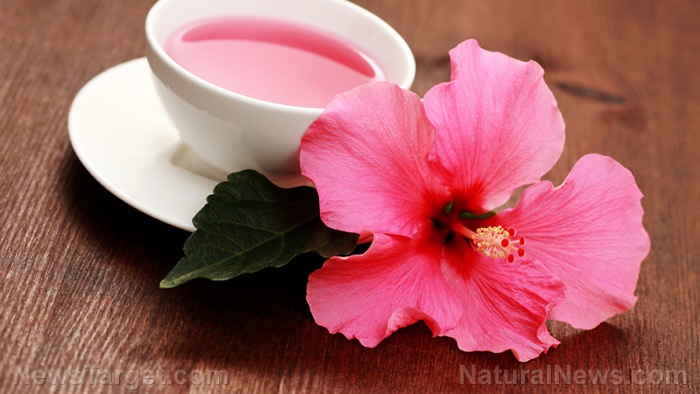
Researchers from the University of Windsor in Canada revealed that the extracts from the Chinese hibiscus flower (Hibiscus rosa-sinesis) have potent anti-cancer properties. The study, published in BMC Contemporary and Alternative Medicine, found that the extracts not only induce cell death in breast cancer cells – it does so without harming non-cancerous cells. The team also noted in the study that using hibiscus extract as an adjuvant can increase the effectiveness of conventional drug therapy for cancer. In addition, it also reduced the number of drugs needed for each session – which decreased the risk of toxic side effects in patients.
Breast cancer is the most prevalent form of cancer in women, and at least one in 10 American women will develop the condition in their lifetime. Most treatments, in particular, rely on pharmaceutical drugs that prove toxic and indiscriminate in their targets. This makes drug therapy nonviable for long-term treatment. (Related: Hibiscus tea improves blood flow, reduces risk of cardiovascular disease.)
A flower that causes cancer cells to die
Traditional healers often use Chinese hibiscus to treat health disorders. Studies have shown that the flower’s extract possessed antioxidant and lipid-lowering properties. Earlier studies have found that the extract had considerable anti-cancer activity. A 2015 study by National Defense Medical Center researchers showed that a related species inhibited triple-negative breast cancer with few toxic side effects.
For this study, researchers investigated the efficacy of Chinese hibiscus on breast cancer cells. They extracted a water-based solution from powdered hibiscus flowers. Afterward, the team applied different amounts of the hibiscus extract to healthy cells and two types of cancerous cells.
In addition, they also tested the adjuvant potential of hibiscus extract alongside drug therapy. They added the extract to either cisplatin, taxol, or tamoxifen. After applying the combined treatment to breast cancer cells, they compared the results of the adjuvant therapy to those of the drug-only treatments.
The researchers assessed the apoptotic morphology caused by the hibiscus extract. They also looked at the biochemical markers of the solution’s anti-cancer activity.
To determine how hibiscus extract achieved its cancer-killing effects, they tracked its generation of reactive oxygen species that damaged cells. They also measured the reduction of the mitochondrial membrane potential of targeted cells.
Even resistant triple-negative breast cancer cells die to hibiscus extract
The experimental results showed that the hibiscus flower extract induced cell death in both triple-negative and estrogen-receptor-positive breast cancer cells. It did so selectively, targeting cancerous cells for destruction while leaving non-cancerous cells alone.
Next, the UWindsor researchers learned that adding hibiscus extract to drugs improved the latter’s activation of apoptosis in breast cancer cells. Both cisplatin and taxol benefited from the presence of the extract as an adjuvant compared to drug-only treatment.
Adjuvant therapy triggered higher amounts of oxidative stress on cancer cells. It also reduced the mitochondrial membrane potential of the cells further than individual drug treatment.
The researchers concluded that an extract from Chinese hibiscus flowers achieved selective apoptosis against breast cancer cells while avoiding healthy cells. In particular, it displayed effectiveness against triple-negative breast cancer.
If used as an adjuvant alongside drug therapy, hibiscus extract would make it possible to use lower doses of drugs. Reducing the dosage decreases the toxic effects without reducing the ability to kill cancer cells.
For those who want to avoid cancer, food plays a vital role in protecting the body from disease. Eating two handfuls of walnuts each day, for example, may prevent breast cancer.
Sources include:
Tagged Under: adjuvants, breast cancer, herbal medicine, Herbs, hibiscus, natural cancer treatment, natural cures, natural health, natural medicine, Naturopathy, remedies, triple negative breast cancer
RECENT NEWS & ARTICLES
AntiCancer.News is a fact-based public education website published by AntiCancer News Features, LLC.
All content copyright © 2018 by AntiCancer News Features, LLC.
Contact Us with Tips or Corrections
All trademarks, registered trademarks and servicemarks mentioned on this site are the property of their respective owners.



